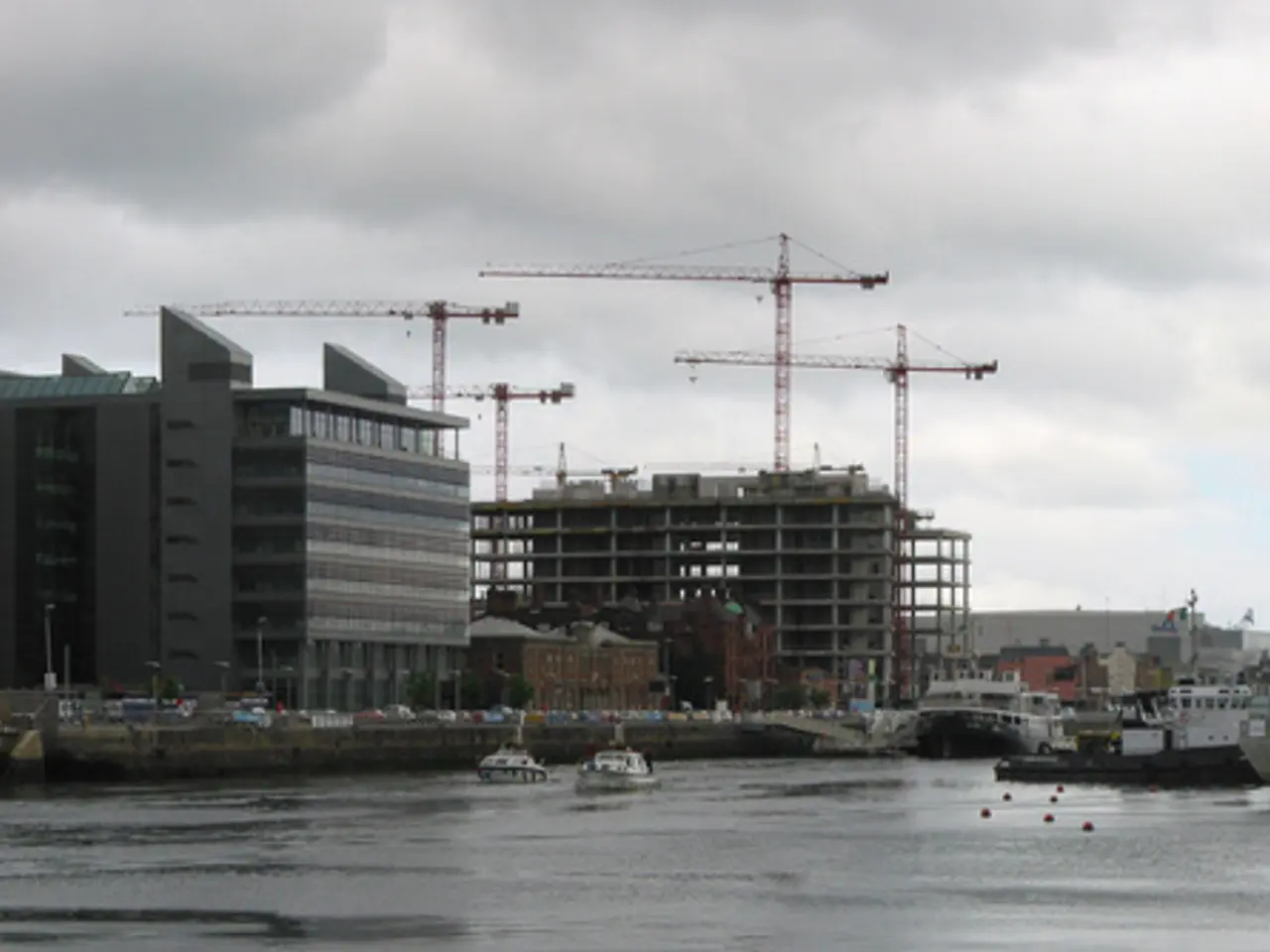Canal Istanbul Project Faces Severe Environmental and Geopolitical Challenges
Turkey's ambitious Canal Istanbul project, a 45km-long waterway connecting the Black Sea and the Sea of Marmara, has sparked controversy. Announced by then-Prime Minister Recep Tayyip Erdoğan in 2011, the canal aims to ease Bosphorus traffic but faces environmental and geopolitical concerns.
The proposed canal, 275m wide and 20.75m deep, would traverse sensitive zones like wetlands, aquifers, and agricultural lands, threatening biodiversity. It also crosses multiple active faultlines, raising questions about disaster management and urban planning.
Canal Istanbul could alter water salinity, currents, and nutrient loading, damaging marine ecosystems. It would physically separate western Istanbul districts from mainland Europe, harming migratory species and natural systems. The project's environmental impact is so significant that it threatens regional stability and security.
Despite these concerns, the project is estimated to generate 1.34 million tonnes of CO2 annually during construction and an extra 200,000 tonnes during operation, challenging Turkey's climate change commitments.
The Canal Istanbul project, while aiming to ease shipping traffic, faces severe environmental, geopolitical, and climate change challenges. Its long-term impacts on marine ecosystems, regional stability, and climate change goals remain a significant concern.
Read also:
- Long-Term Prescription Drug Impact on Brain Function
- Benefits, sources, and supplements for Vitamin D and its role in addressing osteoporosis
- Diabetes Management during Pregnancy: Keeping Tabs on Blood Sugar Levels and Lifestyle Adjustments
- Life Expectancy with Interstitial Cystitis: Exploration of Research, Treatment Methods, and Additional Information








